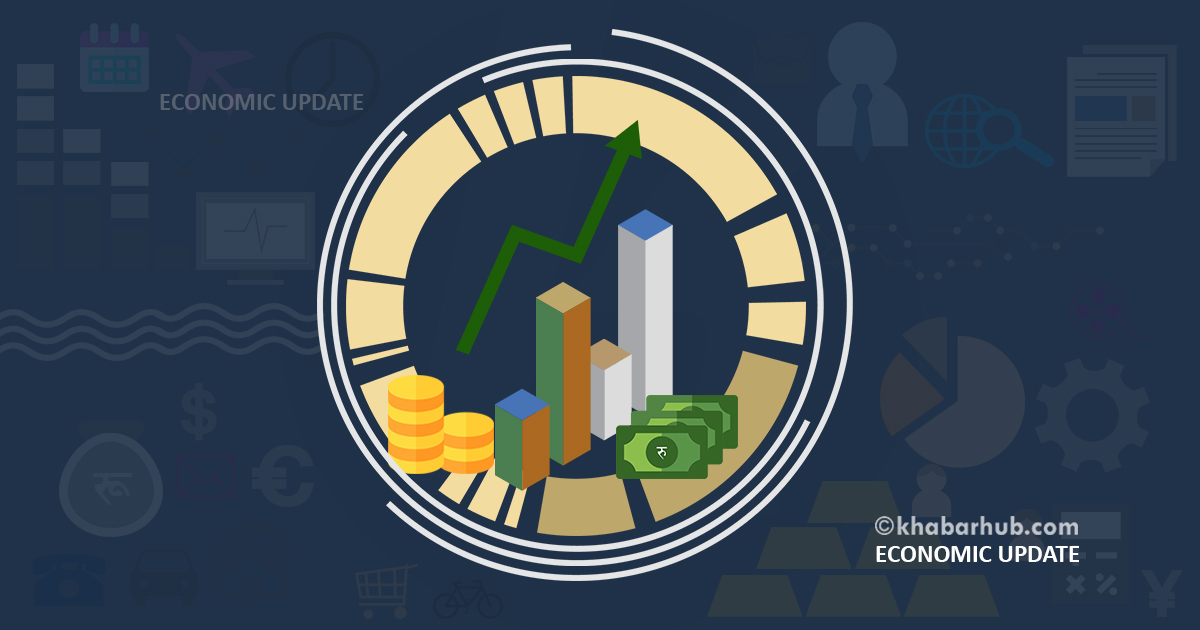0%

Image for Representation
KATHMANDU: In the face of a persistent economic crisis, the government has intensified efforts to evaluate the current state of the economy.
Despite numerous reform initiatives, the country’s economic situation has yet to normalize, prompting the government to actively seek a way forward.
Prime Minister Pushpa Kamal Dahal Prachanda on Monday engaged in discussions today with various ministries, the National Planning Commission, Nepal Rastra Bank, and other key agencies to gain insights into the prevailing economic conditions.
The ruling party, Nepali Congress, also delved into the economic state at a meeting, where Finance Minister Dr. Prakash Sharan Mahat briefed officebearers on the current economic landscape.
While external indicators have shown signs of improvement, internal factors remain in crisis.
Challenges such as the ineffective implementation of government policies, low capital expenditure, reduced credit flow, high-interest rates, declining consumer demand, waning private sector morale, and stagnant internal productivity persist.
The private sector has been consistently pressuring the government to take prompt action to address these economic issues.
The Federation of Nepal Chamber of Commerce and Industry (FNCCI), representing the private sector, organized a ‘National Economic Debate’ on October 12 to discuss potential solutions.
During the discussion, Prime Minister Dahal expressed openness to establishing a high-level mechanism to enhance economic conditions.
Finance Minister Mahat, after his return fom London, echoed the sentiment, suggesting that the government could make further efforts to accelerate economic recovery.
Both the government and the private sector agree on the necessity of collective efforts and responsibility across all parties and sectors to tackle the economic challenges.
The private sector advocates for the establishment of an Economic Reform Commission or a similar high-level mechanism with legal status to urgently address the pressing economic issues.
When faced with prolonged economic sluggishness culminating in a state of recession, the government has initiated policy and procedural reforms through the current financial year’s policies, programs, and budget.
However, the effectiveness of these reforms in implementation is a matter of concern for the Prime Minister.
In a bid to address the economic challenges, the government is gearing up for an international investment conference scheduled for April next year.
The proposal for the conference has reached the Cabinet, indicating the government’s quest for additional policy, procedural, and practical reforms, recognizing the current lack of investor confidence in the prevailing circumstances.
During the initial quarter of the fiscal year 2080/81 BS, the government has managed to expend only 20 percent of the annual budget.
According to data from the Comptroller General’s Office, the government’s budgetary expenditure reached 3 trillion 55 billion 634 million rupees by mid-November.
Simultaneously, revenue collection during this period has been disappointing, amounting to 20.08 percent of the annual target.
The Nepal Rastra Bank’s report on the economic and financial status of the country for the first quarter of the fiscal year 2080/81 reveals that inflation has exceeded the desired limit, reaching 7.50 percent based on the consumer price index on an annual point basis.
This is in contrast to the government’s goal of maintaining inflation within the targeted limit of six and a half percent for the current financial year.
Additionally, loans from banks and financial institutions have not shown expansion.
While there is positive improvement in the external sector, with remittance inflow increasing by 30 percent and reaching 365.34 billion by the end of October, challenges persist in the domestic economy.